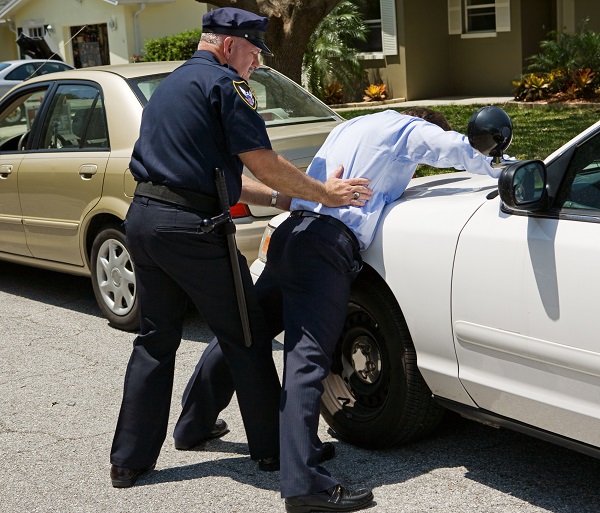What It Means to Be Arrested on Suspicion of a Crime
In Oklahoma, police may arrest someone on suspicion of committing a crime. Arrested on suspicion is different than reasonable suspicion. Reasonable suspicion and probable cause are standards of proof that police must establish before taking certain actions. Arrested on Suspicion Police often use the term “arrested on suspicion” of committing a crime when they have probable cause to arrest someone for doing something criminal. This does not mean the police have proven that the person committed the crime. Nor can police arrest you just for doing something suspicious. When you get arrested, they have to think you violated the law. People may get...
Continue reading



